Meet the Formative Research Team
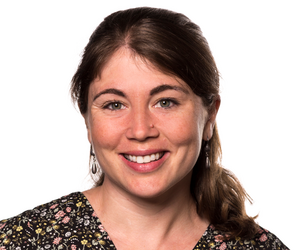
Emily Hurley, MPH, PhD is an Assistant Professor of Health Services and Outcomes Research. She founded the Formative Research Team (FRT) in 2019. She has applied her expertise in health communication and social and behavioral interventions to diverse topics, including HIV testing and treatment, sexual and reproductive health, chronic disease prevention, and pediatric care.
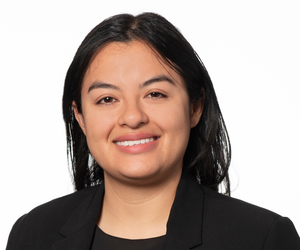
Evelyn Donis De Miranda, MPA has expertise in developing qualitative data instruments and has been a part of research projects on a variety of topics such as food insecurity, physical activity, and teen pregnancy. Evelyn is interested in engaging non-English speakers in research.
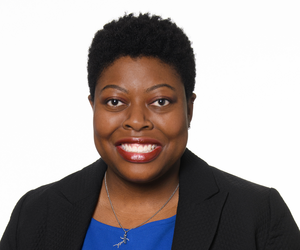
Lynette Lartey, MPH, MCHES® has a background in community health, maternal and child health, and mental health disparities for underserved and disadvantaged communities in the US and in sub-Saharan Africa. Lynette loves conducting interviews and focus groups because listening to the voices of patients, caregivers, and the patients’ care team enriches data and tells a more complete story.
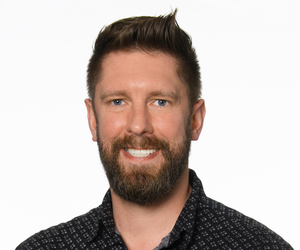
Nik Schuetz, LSCSW, LCSW, PhD is a clinical social worker with experience working in Children's Mercy's emergency department before joining FRT in 2022. He completed his PhD from the School of Social Welfare at the University of Kansas where he conducted research on the intersection of physical health and mental health care, child welfare, economic mobility, and synesthesia.
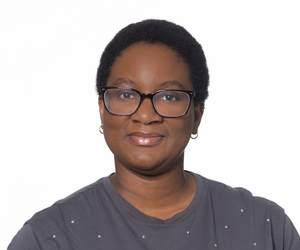
Nalubega Ross, MS, PhD spends her research time focusing on how Black people learn about sex, birth, and childcare and the role of social media in that learning process. Nalubega is interested in research methods and theories that empower Black people and realign the power structures between researchers and research participants.
